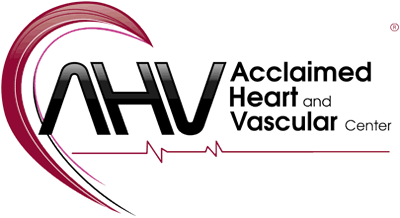According to the Centers for Disease Control and Prevention, there are currently 1 million adults and 1 million children in the United States living with congenital heart defects. Treatments and follow-up care for defects have improved drastically over the past few decades, so nearly all children with heart defects survive into adulthood. Some need continuous care for their heart defect throughout their lives. However, many go on to have active and productive lives despite their condition.
Types of Congenital Heart Disease
Though there are many different types of congenital heart defects, they can be divided into three main categories:
- In heart valve defects, the valves inside the heart that direct blood flow may close up or leak. This interferes with the heart’s ability to pump blood correctly.
- In heart wall defects, the natural walls that exist between the left and right sides and the upper and lower chambers of the heart may not develop correctly, causing blood to back up into the heart or to build up in places where it doesn’t belong. The defect puts pressure on the heart to work harder, which may result in high blood pressure.
- In blood vessel defects, the arteries and veins that carry blood to the heart and back out to the body may not function correctly. This can reduce or block blood flow, leading to various health complications.

Acclaimed Heart and Vascular Center
We deliver excellent care with compassion after discussing your health and treatment plan with simplicity.
Can Congenital Heart Disease Be Prevented?
Women who are pregnant or plan on becoming pregnant can take certain precautions to lower their risk of giving birth to a baby with a congenital heart defect:
- If you’re planning on becoming pregnant, talk to your doctor about any prescription or over-the-counter medications you’re taking.
- If you have diabetes, make sure your blood sugar levels are under control before becoming pregnant.
- If you weren’t vaccinated against rubella, or German measles, speak with your doctor about prevention options.
- If you have a family history of congenital heart defects, ask your doctor about genetic screening. Certain genes may contribute to abnormal heart development.
- Avoid drinking alcohol and using illegal drugs during pregnancy.
DISCLAIMER: THIS WEBSITE DOES NOT PROVIDE MEDICAL ADVICE
The information, including but not limited to, text, graphics, images and other material contained on this website are for informational purposes only. The purpose of this website is to promote broad consumer understanding and knowledge of various health topics. It is not intended to be a substitute for professional medical advice, diagnosis or treatment. Always seek the advice of your physician or other qualified health care provider with any questions you may have regarding a medical condition or treatment and before undertaking a new health care regimen, and never disregard professional medical advice or delay in seeking it because of something you have read on this website.

